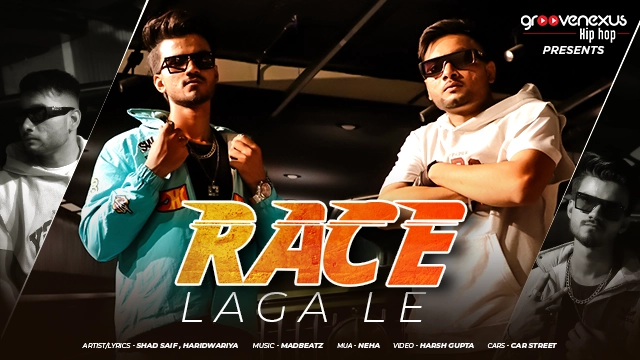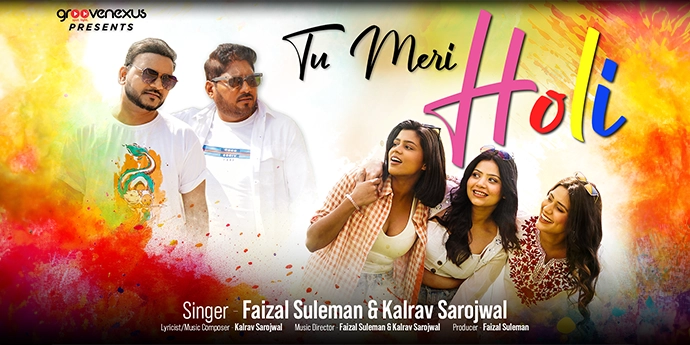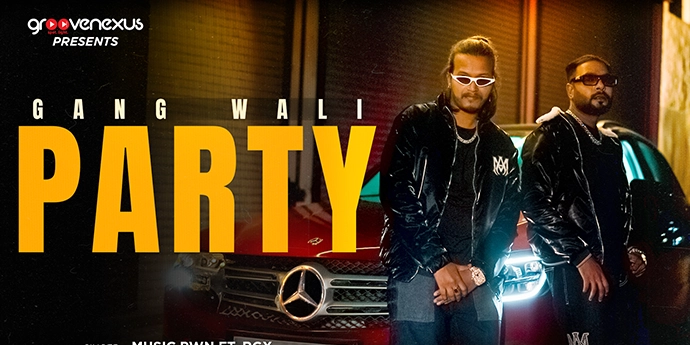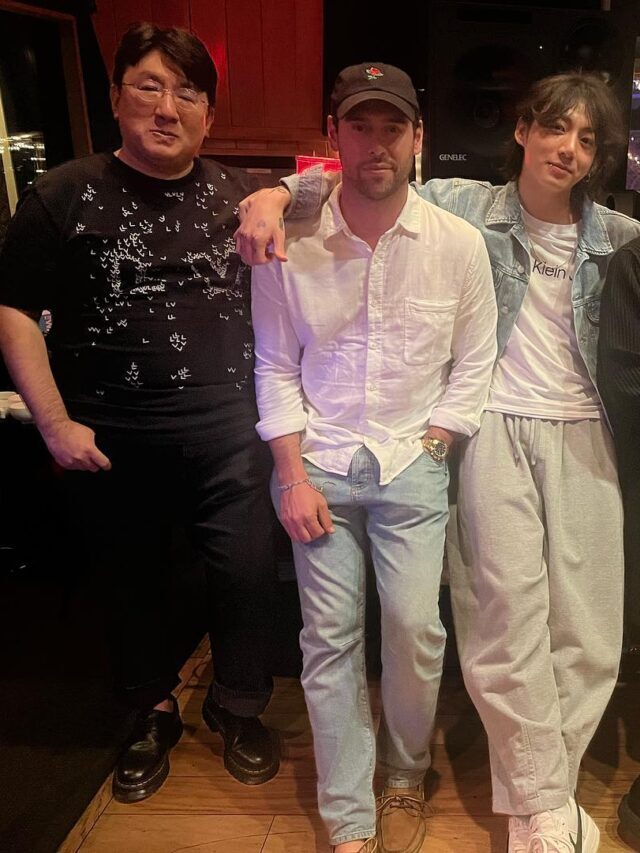Jumping into the how does music publishing works is maybe the most aggressive task in our Mechanics series so far-yet without it, the series could never be finished. Publishing is point of fact, the most confounded (and now and again straight-up confusing) subset of the music business. Indeed, probably even the most experienced music experts can experience a great deal of difficulty making sense of the multitude of complexities and nuances of publishing. In any case, we should not lose track of the main issue at hand – and begin with the very basics.
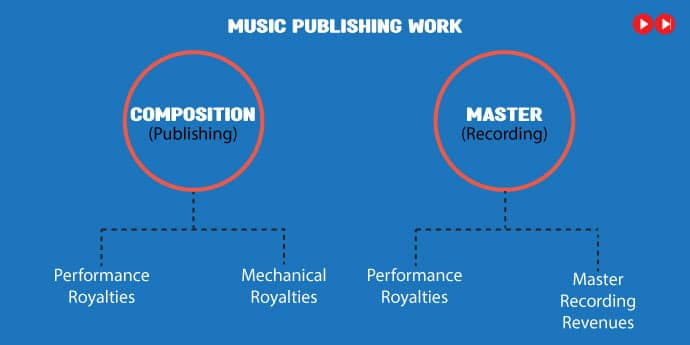
Even some of the most seasoned music industry experts might have a difficult time getting their heads around all the complexities and subtleties of the publishing industry. However, let’s get ahead and check out how does music publishing works.
Music Publishing Definition
Before knowing how does music publishing works, you must understand what music publishing is. Music publishing is the exploitation of a song’s composition copyright, which is a kind of intellectual property. The words and melody of a song are composed by one or more composers and are referred to as the song’s composition. This is a significant difference between the two sorts of copyright that must be understood.
Publishing is the most established vertical of the music business. It was there some time before the main recording mediums came around, and in the mid-twentieth century, sheet music publishing maintained the music business. Publishers were in charge of putting compositions to paper, creating songbooks, circulating them to the stores, and compensating authors for the commercial use of their works.
Types Of Royalties Earned from Music Publishing
Songwriters generate money from their works in a variety of ways, including:
- Royalties for live performances
- Incentives for mechanical work
- Sync licence costs are charged
- Licenses for samples are available
- Creating and printing sheet music
Amount Made from Music Publishing
The amount of money you may make through publishing is determined by a number of factors. There is no one, guaranteed figure that applies to everyone. The amount of publishing royalties you receive is dependent on how much time and effort you put into promoting your music and getting it heard, just as it is with sales and streaming money.
What is known, however, is that publishing generates a significant share of the total money generated by the music business. Write your own songs as an independent musician and you will have a great weapon to generate money from a variety of different sources.
All of the sources listed in the preceding section may provide additional royalties on top of the ones you’re currently earning from downloads, streaming, ticket sales, and other sources of revenue.
Sales and streaming income are generated only from a sound recording, which is one of two forms of copyright protected by the law of intellectual property. Consequently, if you are not leveraging your composition copyright by pursuing publication royalties, you are only profiting on half of the composition copyrights that you control.
This means that potential publication profits are being left on the table! When it comes to interactive streaming, the exact amount of royalties you stand to earn is always in dispute in courts. There are Copyright Royalty Boards to safeguard the rights of songwriters and publishers and work in their best interests to ensure that they are adequately compensated for the use of their compositions in the entertainment industry.
How To Collect Publishing Royalties?
Important note for independent musicians who create and perform their own songs: although you retain ownership of both of your copyrights, it is incredibly difficult to collect all of the income generated from your composition copyright on your own.
The reason for this is that in order to receive all of the publishing royalties you are promised, you must first register your songs with hundreds of organizations throughout the globe and then build up a library big enough to qualify as a publishing company.
Some of your publishing royalties can surely be collected by you on your own from domestic sources; but, there’s a considerable probability that you’re leaving royalties unclaimed from sources from which you do not have the power to collect.
The Role of Music Publishers
On paper, a music publisher is an individual or an association that is authorized to license the copyrighted utilization of a specific musical work. Publishers sign agreements with lyricists to deal with their composition rights and expand the incomes referenced above.
- Publishing Administration: Registration, Collection and Audit– It isn’t so difficult to register your composition with your nearby PRO and MRO – simply go to ASCAP/BMI and the HFA (or your country’s equivalent), join, and wait for the paycheck. That ought to cover both mechanical and performance royalties, overlooking just sync authorizing charges.
- Publishing A&R: Scouting for Talent and Developing Songwriters’ Careers– The level of the publisher’s inclusion in the artist’s career relies upon the kind of artists we’re discussing. For certain acts, publishing is only a side income stream – consider a band that both sets up and records their own music. A large portion of their income will be made on records, merchandise, ticket deals, and everything in between. Without a doubt, the publishing royalties are a great extra income source for recording specialists – however, it won’t at any point be fundamentally important.
- Negotiating Music Rights– The third key function of the music publisher is to protect the interest of the lyricists and boost their share of the privileges at whatever point they participate in the creation of music.
A simple example is when different lyricists are chipping away at a similar tune – whether it’s several ” guest songwriters ” or a 4-piece band coming up with a composition.
Conclusion
Different music copyright uses produce royalties. New royalty streams likewise arise as the music industry and technology keep on developing. They safeguard your music while additionally giving an income stream. Now that we have covered how does music publishing works, we hope this guide gives you a better understanding and the confidence to enter the music business. Write in the comments how did you like this post? You can also pick the best digital music distribution services for yourself. If you find this blog helpful, you can read more about what is BMI music and music production.


